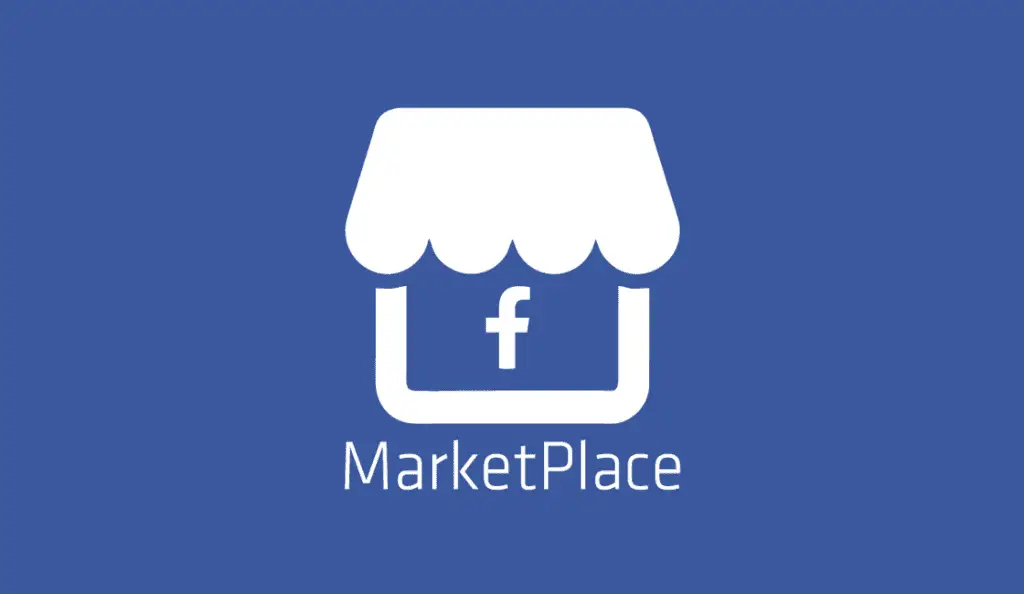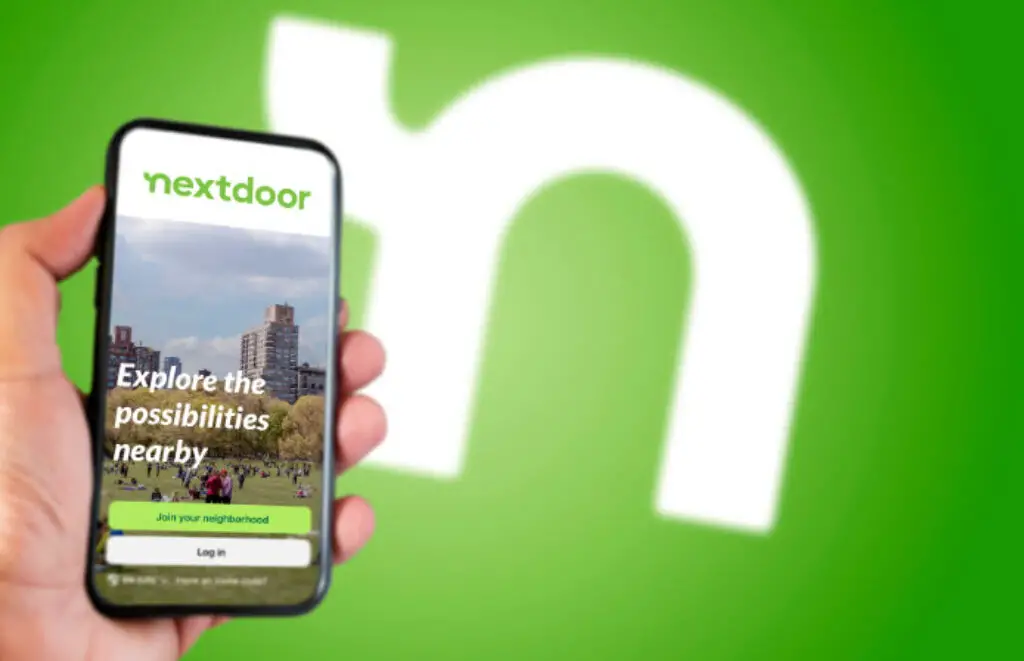Facebook Marketplace, launched in 2016, has become a go-to platform for users looking to buy and sell within their communities. It allows users to trade everything from furniture and clothing to cars and property, all within their Facebook accounts.
Although Facebook Marketplace has made its mark, it’s not the only player in the game. The digital world is brimming with alternatives, each offering unique features and serving different needs. Let’s explore!

Reasons to Consider Alternatives to Facebook Marketplace
Privacy Concerns
Facebook has a history of privacy controversies. If you value online privacy, you might want to explore options beyond Facebook.
Need for Diverse Platforms
Different platforms cater to different needs. While Facebook Marketplace is generalist, some platforms specialize in specific categories, such as handcrafted goods or electronics.
Regional Limitations
Facebook Marketplace isn’t available everywhere. Other platforms might serve your region better.
10 Best Alternatives Sites like FaceBook Market Place
Now, let’s look at the top and best alternative websites you can consider as alternatives for the Facebook marketplace. Based on your requirements, privacy concerns, and limitations of the regional locks, you can use a suitable website. Make sure you have enough target audiences on these platforms before using them. For example, if you want to sell something from your country/place, but the particular platform doesn’t have enough buyers/users from your place, then no point is using it.
1) eBay
Pioneering the world of digital commerce, eBay continues to reign as a premier global marketplace and an excellent alternative to Facebook Marketplace. This platform serves millions of buyers and sellers worldwide, covering an expansive range of product categories. eBay operates on a straightforward principle: users list their items for direct sale or auction, offering flexible selling options.
One of the key strengths of eBay is its robust search mechanism, which simplifies the process of finding the exact product one needs from the vast selection available. These comprehensive buyer protection policies contribute to a secure and trustworthy shopping experience. Nevertheless, potential sellers should know eBay’s selling fees, which may vary depending on the product category and final sale price.
Further, the platform’s competitiveness requires strategic pricing and product presentation to stand out. EBay’s vast audience and operational efficiency make it a solid alternative to Facebook Marketplace.
2) Craigslist
Standing as a digital successor to traditional classified ads, Craigslist presents a noteworthy alternative to Facebook Marketplace, particularly for local transactions. The platform operates as a vast network of online communities wherein users can post advertisements in various categories, including jobs, housing, goods, and services.
Craigslist’s simplicity sets it apart: users create a post, set their price, and then directly communicate with potential buyers through the platform. However, this simplicity comes with its drawbacks. Craigslist lacks a formal buyer and seller protection system, requiring individuals to exercise caution and diligence during transactions.
Despite the potential risks, Craigslist’s straightforward, no-frills approach, its focus on local communities, and its extensive range of categories continue to draw in users seeking an uncomplicated selling or buying experience. Therefore, Craigslist remains a strong contender as an alternative to Facebook Marketplace.
3) Nextdoor
Bridging the gap between social networking and local commerce, Nextdoor offers a unique alternative to Facebook Marketplace. This platform cultivates and promotes neighborhood interactions and trade, providing a distinct hyperlocal focus.
Users sign up, verify their addresses, and join specific neighborhood communities. Once connected, users can post items for sale, browse local offerings, or engage in community discussions. This allows for a more personalized, local trading experience. However, the effectiveness of Nextdoor as a marketplace heavily relies on the activity level and engagement of the local community.

While it creates a sense of community and trust through its neighborhood-centric approach, it can limit the audience for your listings if you’re in a less active area. Still, for those in bustling neighborhoods, Nextdoor serves as an excellent tool for local buying and selling, making it a noteworthy alternative to Facebook Marketplace.
4) Etsy
Catering to the creative and unique, Etsy positions itself as a specialized marketplace for handmade goods, vintage items, and craft supplies, and emerges as an excellent site like Facebook Marketplace. By providing a platform where artisans can list and sell their creations to a global audience, Etsy capitalizes on the human need for uniqueness and individuality.
Sellers set up their shop, list products with accompanying photos and descriptions, and interact with customers directly. Etsy’s focused approach has attracted a loyal customer base, but its speciality may not be for everyone. While it’s a haven for buyers seeking unique, artisanal products, those seeking more everyday items may find the platform limiting. One should also be aware of the transaction fees involved in selling.
However, for independent creators and vintage goods collectors, Etsy’s dedication to fostering creativity and small businesses makes it a standout alternative to Facebook Marketplace.
5) Oodle
Presenting a fusion of online commerce and social networking, Oodle is a unique alternative to Facebook Marketplace. Oodle operates by aggregating listings from many other websites, ensuring a broad selection of goods, and even pets, available for purchase.
What sets Oodle apart is its integration with social media, specifically Facebook. It utilizes social connections to provide a more personalized shopping experience, showing users products listed by their Facebook friends and friends of friends. This adds a layer of trust and familiarity to transactions, replicating the feel of a community marketplace.
However, this social integration may not appeal to all users, and the website’s interface could benefit from modernization. Despite these points, Oodle’s unique approach to merging social networking with online commerce and its wide range of listings makes it an engaging option as an alternative to Facebook Marketplace.
6) OfferUp
Providing a mobile-friendly marketplace experience, OfferUp steps forward as a reliable alternative to Facebook Marketplace. Designed for ease-of-use, OfferUp has made local buying and selling a breeze. Users snap a photo of the item they wish to sell, upload it to the platform, set a price, and wait for buyers to show interest.
Buyers can browse listed items, chat directly with sellers to negotiate prices, and arrange for pickup or delivery. A distinctive advantage of OfferUp is the user rating system, which promotes transparency and accountability among users, enhancing the platform’s trustworthiness.
However, while local pickups are typically free, shipping charges can be quite high for larger items or longer distances. Regardless, with its intuitive interface, user-friendly features, and emphasis on community trade, OfferUp presents itself as a substantial alternative to Facebook Marketplace.
7) Poshmark
A fashion-focused marketplace, Poshmark has carved out a niche for itself as an excellent alternative to Facebook Marketplace. Dedicated to the buying and selling new and used clothing, shoes, and accessories, Poshmark provides a platform where fashion enthusiasts can explore, connect, and trade.
To sell, users snap photos of their items, create a listing with descriptive information, set their prices, and then engage with potential buyers. Poshmark’s robust social features foster a lively community where users can follow each other, share listings, and even participate in virtual shopping parties.
However, sellers should be mindful of Poshmark’s flat commission fee on sales, which may deter some. Despite this, for those with an interest in fashion and a closet full of clothes they no longer wear, Poshmark’s user-friendly platform and vibrant community make it an appealing alternative to Facebook Marketplace.
8) Swappa
Focused on providing a trusted platform for buying and selling used tech, Swappa emerges as a promising alternative to Facebook Marketplace. Specializing in electronics like smartphones, laptops, gaming consoles, and more, Swappa provides a marketplace where tech enthusiasts can find quality used gadgets at affordable prices.
Sellers create detailed listings for their devices, including condition, features, and photos, while buyers can browse and purchase with confidence, thanks to Swappa’s strict no-junk policy and dedicated moderation team. However, the platform’s focus on technology could be a limitation for users interested in a broader range of goods.
Despite this, if you’re seeking a reliable place to buy or sell used tech, Swappa’s emphasis on user safety, transparency, and affordable pricing makes it a top contender as an alternative to Facebook Marketplace.
9) Letgo
Aimed at facilitating local buying and selling with a user-friendly interface, Letgo initially emerged as a considerable alternative to Facebook Marketplace. Letgo operates on a simple principle: snap a picture of your item, post it with a price, and then communicate directly with potential buyers. However, since its merger with OfferUp in 2020, the user experience has somewhat changed.
While the amalgamation intended to combine the strengths of both platforms, some users have reported experiencing performance issues and increased fees. Regardless, the newly formed platform still strives to provide an easy and efficient way for individuals to sell items to local buyers.
Though the transition may have introduced some challenges, the convenience of local transactions and a broad audience for your listings keep Letgo (now known as OfferUp) in the running as an alternative to Facebook Marketplace.
10) Mercari
As a versatile online marketplace catering to various categories, Mercari stands out as a competent alternative to Facebook Marketplace. From fashion and electronics to collectibles and household items, Mercari provides a platform where users can easily buy and sell just about anything.
Sellers list items with photos and descriptions, and buyers can negotiate prices or purchase items outright. An added convenience for sellers is Mercari’s pre-paid shipping system, which simplifies the post-sale process. The platform’s user-friendly interface, diligent customer service, and comprehensive categories attract a broad audience.
However, both buyers and sellers need to be mindful of the shipping costs, which can add up, especially for heavier items. Despite this, Mercari’s flexibility, accessibility, and range of goods make it a highly appealing alternative to Facebook Marketplace.
Conclusion
Whether you value privacy, have a specific kind of item to sell, or want to reach a new audience, there’s likely a marketplace that fits your needs better than, or in addition to, Facebook Marketplace.
Consider the type of items you’re dealing with, the audience you want to reach, fees, and the level of support and security the platform offers. Happy selling!






